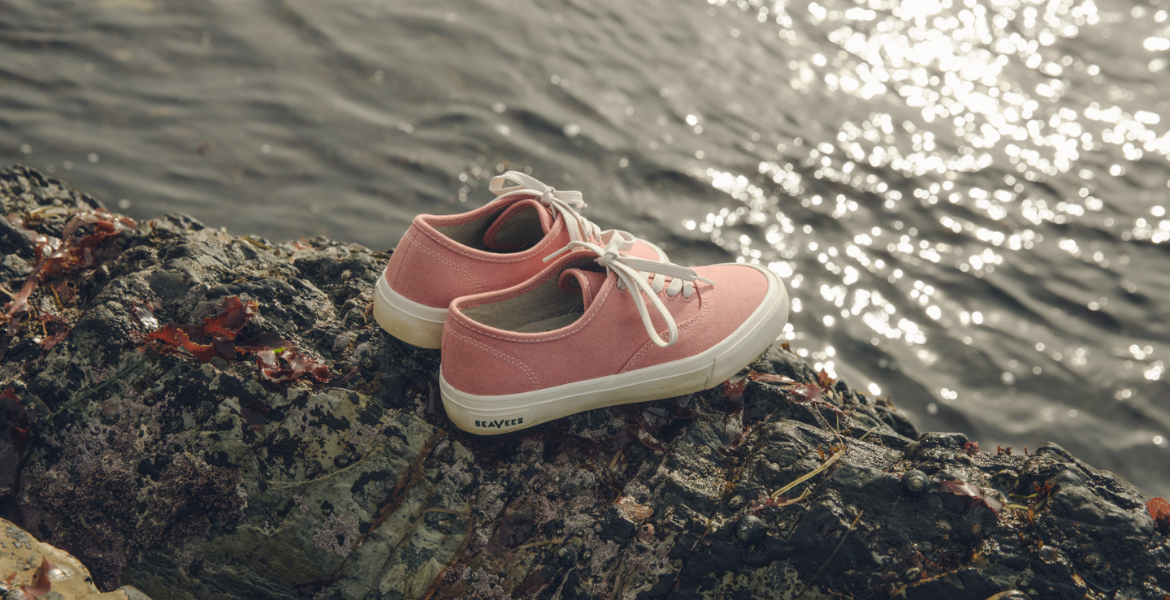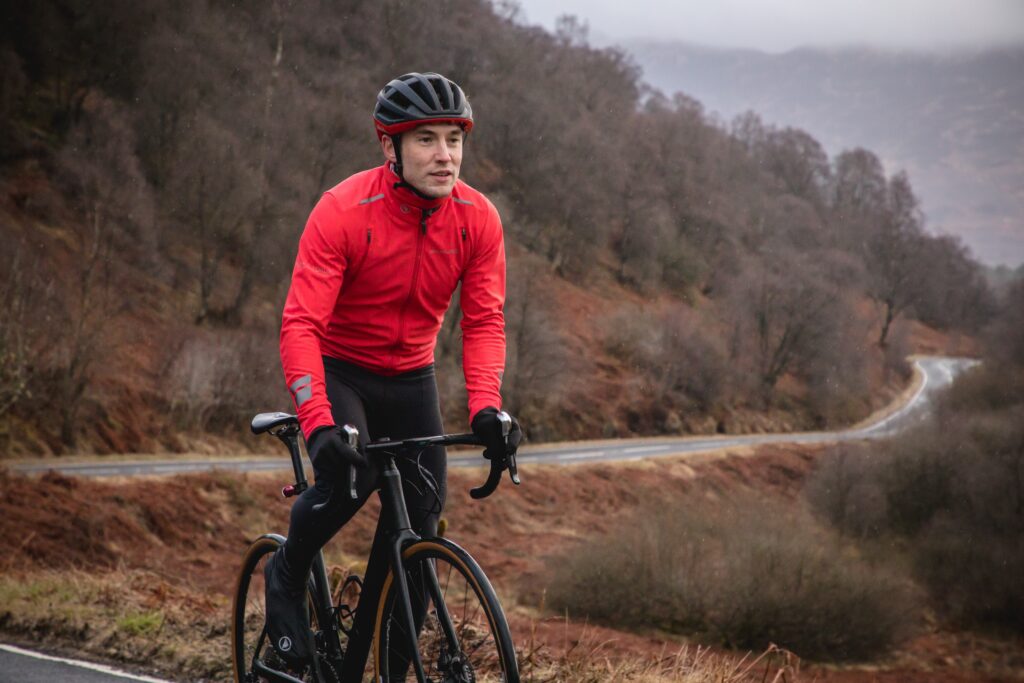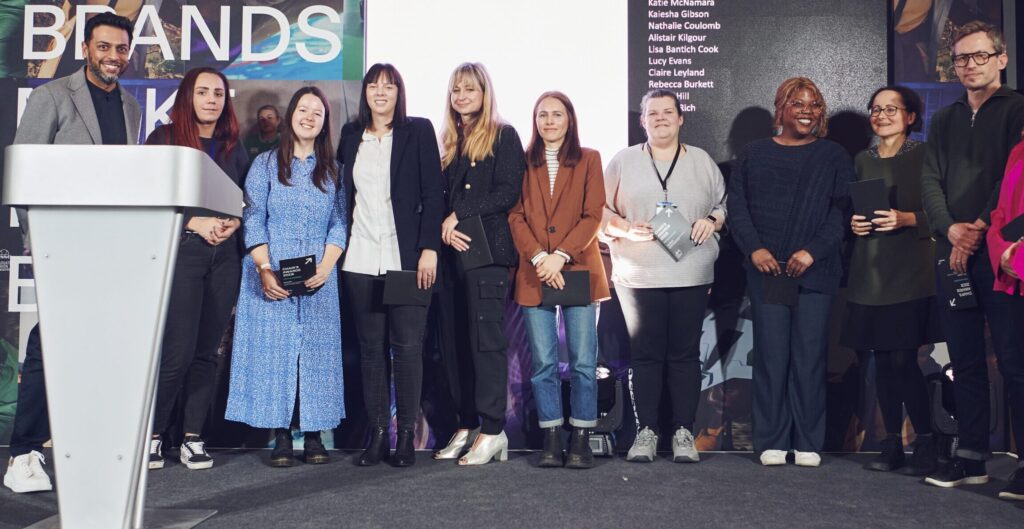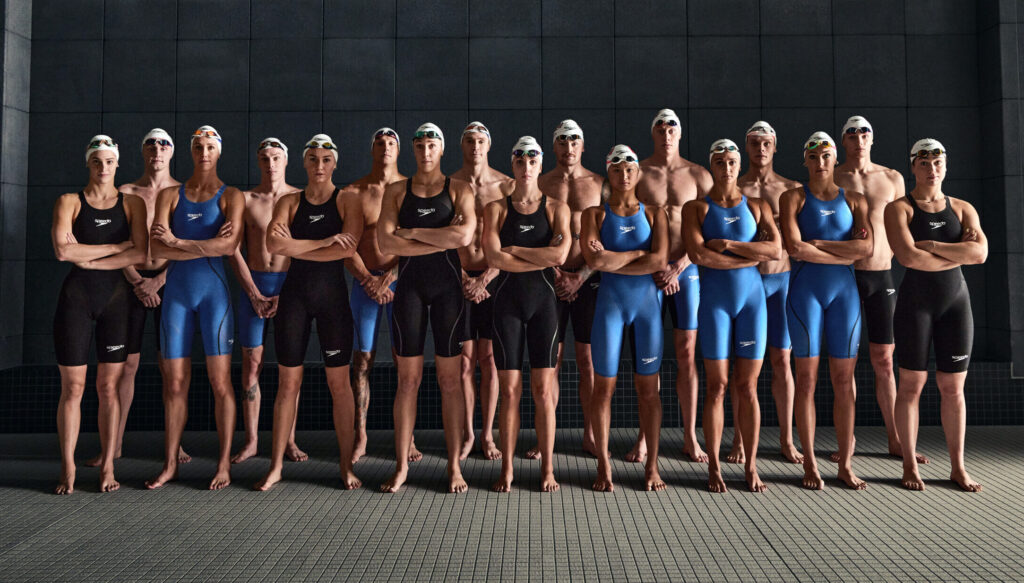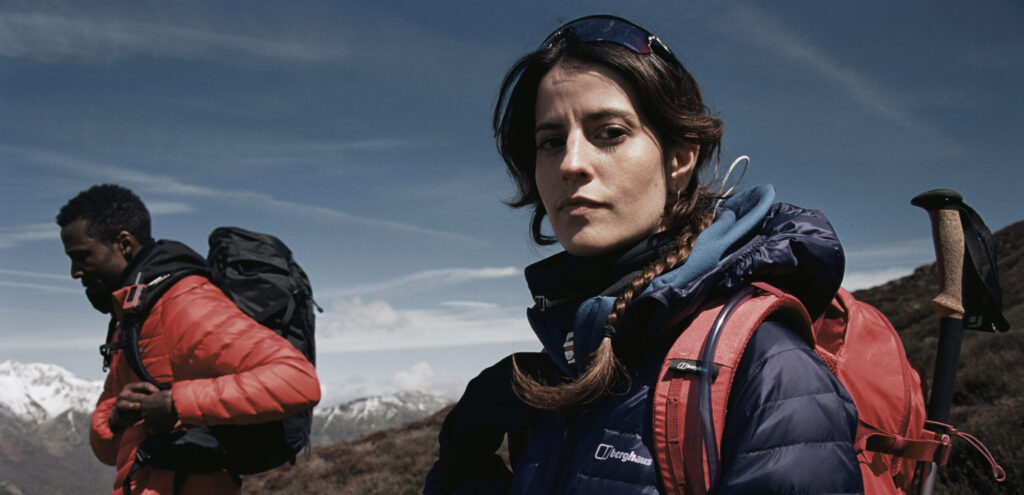Today is Earth Day; the annual event designed to drive climate action across the world. We’re playing a small part in making a difference, by reducing the impact of our operations, products and materials. Our target is to reduce our carbon emissions by at least 25% by 2025, as part of our long-term ambition to become carbon neutral.
Pentland Brands
All our European offices use 100% renewable energy but we’re always looking at ways to further reduce our carbon footprint. This year we created an employee Positive Business squad focused on driving sustainability initiatives. The squad is made up of passionate people from across our business who will guide how we reduce our environmental footprint.
As a strategic member of the Sustainable Apparel Coalition (SAC), we gather environmental information from our supplies to monitor their sustainability progress and provide guidance on reducing their footprint.
Our in-house innovation team works closely with our brands to develop sustainable materials solutions to minimise the impact of our products. When we reviewed the CO2 footprint of our materials in 2020, 11% of our materials were recycled alternatives and we’re looking to increase this figure year-on-year.
Here’s a snapshot of some actions by our brands…
Speedo
Speedo’s PowerFlex eco range uses ECONYL® and REPET yarn, which is made from ocean waste such as fishing nets. The brand continues to target sustainable fibres to improve the eco credentials of its product ranges.
Speedo has also committed to making all the Vibe suits in its US swimwear collection from recycled plastic bottles, which are spun into yarn and woven into fabric.
Berghaus
The Berghaus MADEKIND™ label is used on products that contain more than 50% recycled or bio-based content, more than 90% Bluesign® approved fabric or are made with certified sustainable down or cotton. In the past 12 months, Berghaus has increased the number of MADEKIND™ products in its range by 34%.
Alongside delivering its free repairs service, Berghaus has teamed up with Cumbrian climbing company Dirtbags to upcycle its products into climbing kit. One waterproof jacket and one fleece zip top makes six or seven fleece lined chalk bags.
Canterbury
The latest iconic British & Irish Lions jersey by Canterbury is made from 100% recycled polyester, which uses 21% less CO2 than conventional polyester.
Canterbury is also looking at how to give products a second life using circular economies. The unmissable Canterbury Uglies range uses obsolete fabrics to create one-of-a-kind limited-edition garments.
Endura
Since January 2020, Endura has planted over 1.3 million trees – a 30% increase on its original target of one million – and it’s now set a bold new target to become CO2 negative by 2024.
SeaVees
SeaVees partners with environmental charity SeaTrees through its SeaChange collection, which regenerates one foot of kelp forest for every pair of shoes sold.
To find out more about how we’re taking action for people and our planet, view our latest Positive Business report.

